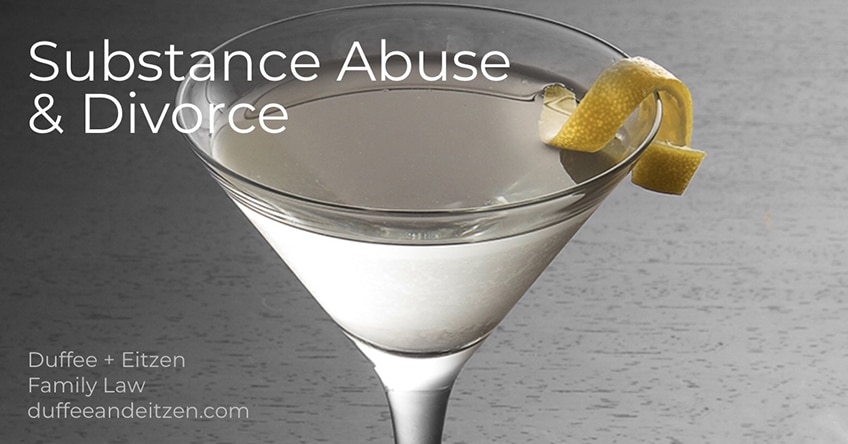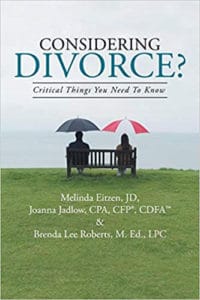Often, unhappy marriages lead to the use of substances as a means of coping. Alcohol, illicit drugs, and prescription drugs are coping mechanisms that individuals turn to when they are having difficulty with life and its many challenges.
Substance abuse at any time creates financial and relationship difficulties; however, during a divorce substance abuse can become a focal point that impacts many factors.
Undetected substance abuse can lead your spouse to believe that there may be mental health issues. Questions or accusations of mental health issues can lead to a request for a psychological evaluation. Psychological evaluations take time and can be expensive.
If a psychological evaluation is requested by your spouse or ordered by the Court, you will participate in a formal interview with a psychologist or psychiatrist. Along with that formal interview, you may be required to participate in the completion of assessment tests that can take hours to finish. Psychological evaluations assist the Court in determining if there are personality or behavior issues that impact a person’s ability to act in their children’s best interest.
If you believe that you or your spouse may have a substance abuse issue, it is important to be evaluated for the level of use/abuse. It is also important to have a defined treatment plan such as participation in a support program like alcoholics Anonymous, Narcotics Anonymous or if more serious, an outpatient or inpatient program.
If the Judge in your divorce case suspects substance abuse issues, they can order immediate participation in drug or alcohol testing. In addition, if substance abuse is determined to be present, the Judge could order a parent to wear an ankle bracelet or use a breathalyzer prior to parenting time.
It is critical that you do not pretend that you do not have a problem if you do. Also, do not take it lightly if you think your spouse may have a substance abuse problem.
Get informed and talk to a trained third party to help determine if your concerns are reasonable. If the trained professional says that your spouse’s behavior does not constitute substance abuse, let the issue go and move forward with the divorce process.
Evaluations can be completed by a Licensed Chemical Dependency Counselor (LCDC), as well as drug and alcohol treatment centers.
Melinda Hartman Eitzen is a partner at Duffee+Eitzen. She can be reached at melinda@d-elaw.com
If you enjoyed this article, Substance Abuse and Divorce, you can read more on this topic in the book CONSIDERING DIVORCE? CRITICAL THINGS YOU NEED TO KNOW, by Melinda Eitzen, JD, Joanna Jadlow, CPA, CFP®, CDFATM& Brenda Lee Roberts, M. Ed. LPC

